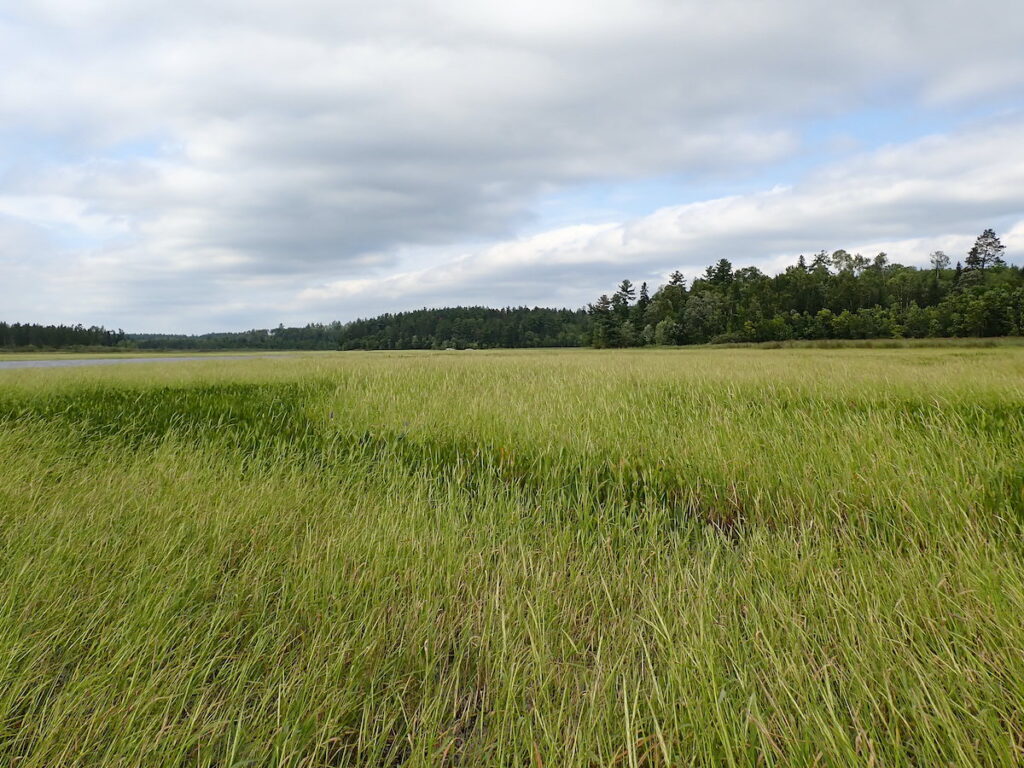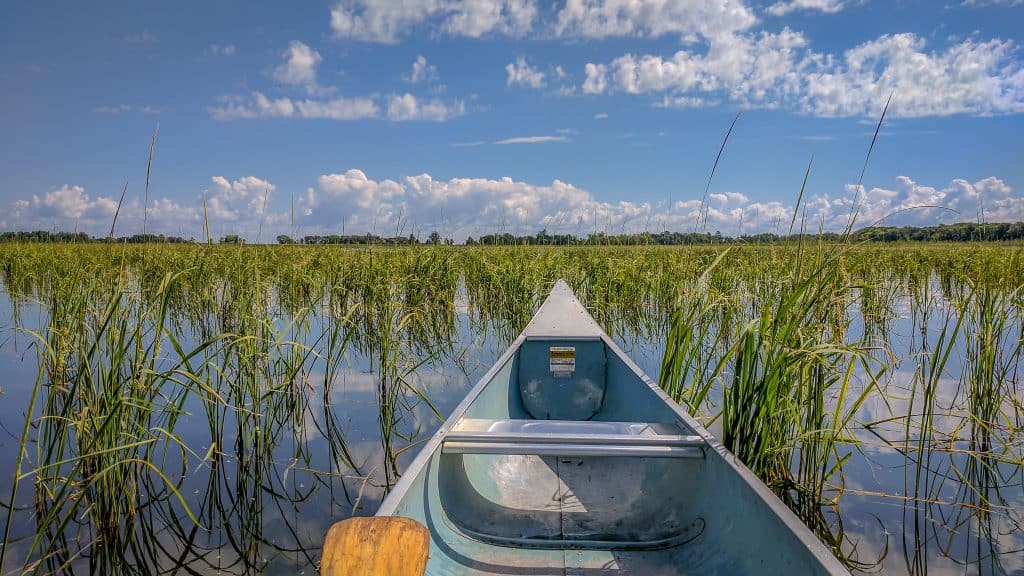
Two tribes of Ojibwe from northeastern Minnesota sued the U.S. Environmental Protection Agency last week over new water quality standards in the state. The Fond du Lac and Grand Portage tribes filed the federal lawsuit because the EPA approved changes proposed by the Minnesota Pollution Control Agency that the tribes argue will result in pollution and degradation.
The MPCA amended water protection rules in 2021 to eliminate several numeric standards — quantifiable levels of various pollutants — and replaced them with “narrative” descriptions of water quality. Anishinaabe bands in the region have legal rights dating back 170 years to hunt, fish, and gather across northeastern Minnesota, but they say the new regulations will result in harm to important resources.
“The actions of the Environmental Protection Agency Region and MPCA in their capacity as regulatory agencies demonstrate they are deliberately ignoring both science and law, resulting in decisions which degrade water quality and harm aquatic life,” said April McCormick, the Grand Portage Band’s Secretary-Treasurer. “The Tribes have stood together in government-to-government consultation and testified with the Office of Hearings and Appeals to no avail. Legal action is our recourse. Clean water is clean water.”
The bands believe the lawsuit is the first of its kind in the United States, in which a tribe sued the EPA to challenge the approval of state water quality standards. Minnesota is also the only state with a water quality standard to protect manoomin, or wild rice, a valuable part of the Anishinaabe diet and culture. The bands say the amended standards pose a particular threat to waters where the grain grows.
“Our water quality and legal staff worked for years to show the problems with these proposed changes, especially for wild rice waters,” said Fond du Lac Chairman Kevin Dupui. “Yet MPCA pushed them through and EPA approved them. Where regulators refuse to do their jobs, we fight them in court.”
Pollutants that can affect manoomin include sulfate, a key discharge from mines and wastewater treatment plants. Normally not harmful to people or wildlife, it can cause a cascade of ecological changes that ultimately wipes out wild rice.
“Wild rice is sacred to Anishinaabe people. It is unbelievable to us that both the state and federal governments would make these changes without even looking at the potential damage to wild rice waters. We will do all we can to right this wrong,” said Grand Portage Chairman Robert Deschampe.


